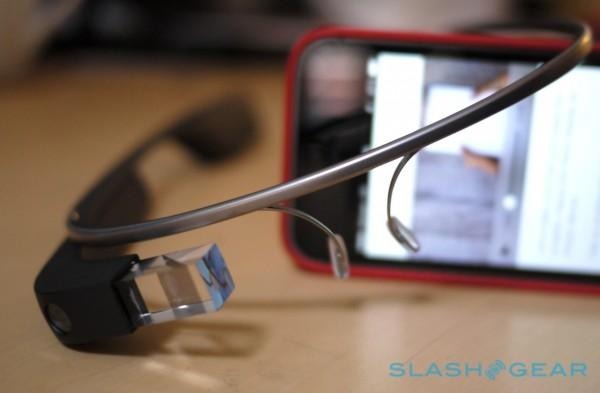Glass jammer cuts wearable's WiFi in misguided privacy ploy
An anti-Google Glass artist is threatening to cut off the wearable's WiFi over privacy concerns, though the connection cutting project seems to be based more on knee-jerk fear than an understanding of how Glass actually works. The jammer, handiwork of Julian Oliver, runs on a Raspberry Pi with a WiFi adapter and can supposedly spot nearby Glass users on the same network, "deauthorizing" their connection if it finds them. However, Oliver's goal – to prevent Glass from recording video – isn't actually served by the device.
According to Oliver, speaking to Wired, his fear is that peoples' legitimate concerns and preferences not to be captured on video is not being respected by Glass Explorers. Blocking their WiFi access "steps up the game" by "taking a jammer-like approach."
Unfortunately, it's also unlikely to actually give any Glass users issues. The wearable isn't reliant on a WiFi connection for recording, for a start: footage can be captured when it's offline, and then only uploaded later on when Glass gets a connection to Google's cloud.

Meanwhile, Glass can also be used tethered via Bluetooth to a smartphone, and in fact that's one of the more common ways the headset is connected. Without it, there's no support for voice calls or SMS messaging, for instance, and Glass uses the device's GPS for navigation, too.
With a data connection through their Android or iOS device, there's no requirement for a WiFi link.
Oliver's anger seems linked to the idea that people can't be sure when Glass is recording, though the fact that the eyepiece remains illuminated throughout is intended to make that clear. Surreptitious video and image capture is undoubtedly a legitimate concern as mobile devices have grown in popularity, but whether Glass is actually the best way to do that – versus, say, a discretely held smartphone or camera-equipped smartwatch like the Samsung Gear 2, or even more clandestine spy cameras that can be hidden by clothes – given it's conspicuously on the face is a legitimate argument.
What the continued Glass privacy furore does show is that while not only is there an ongoing question around privacy in public that Google needs to address, there's also a fair amount of confusion over what Glass is and does. Whether Google will address that at I/O later this month remains to be seen.
VIA Wired
SOURCE Julian Oliver
